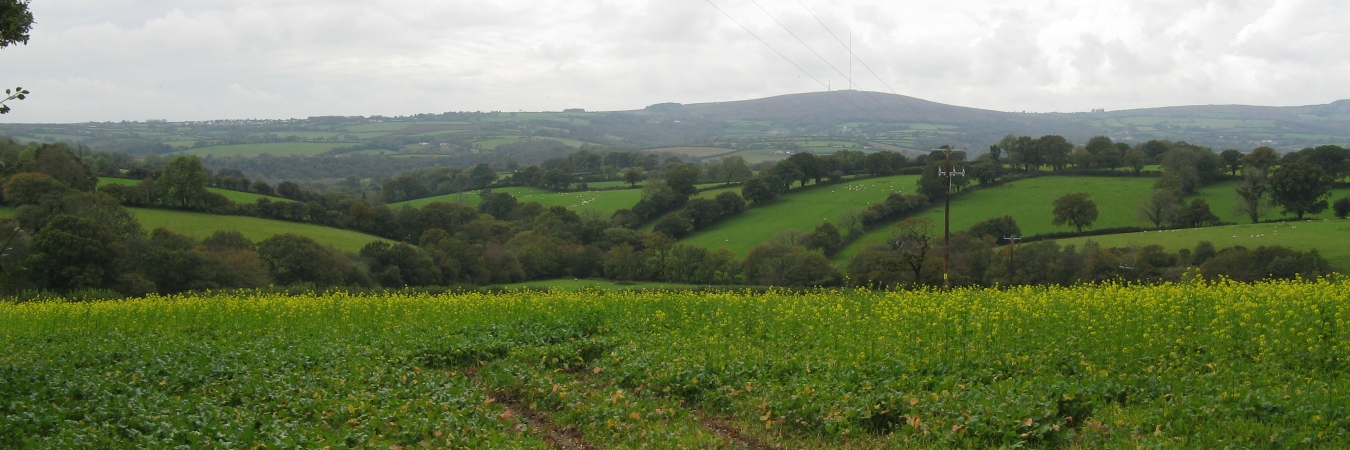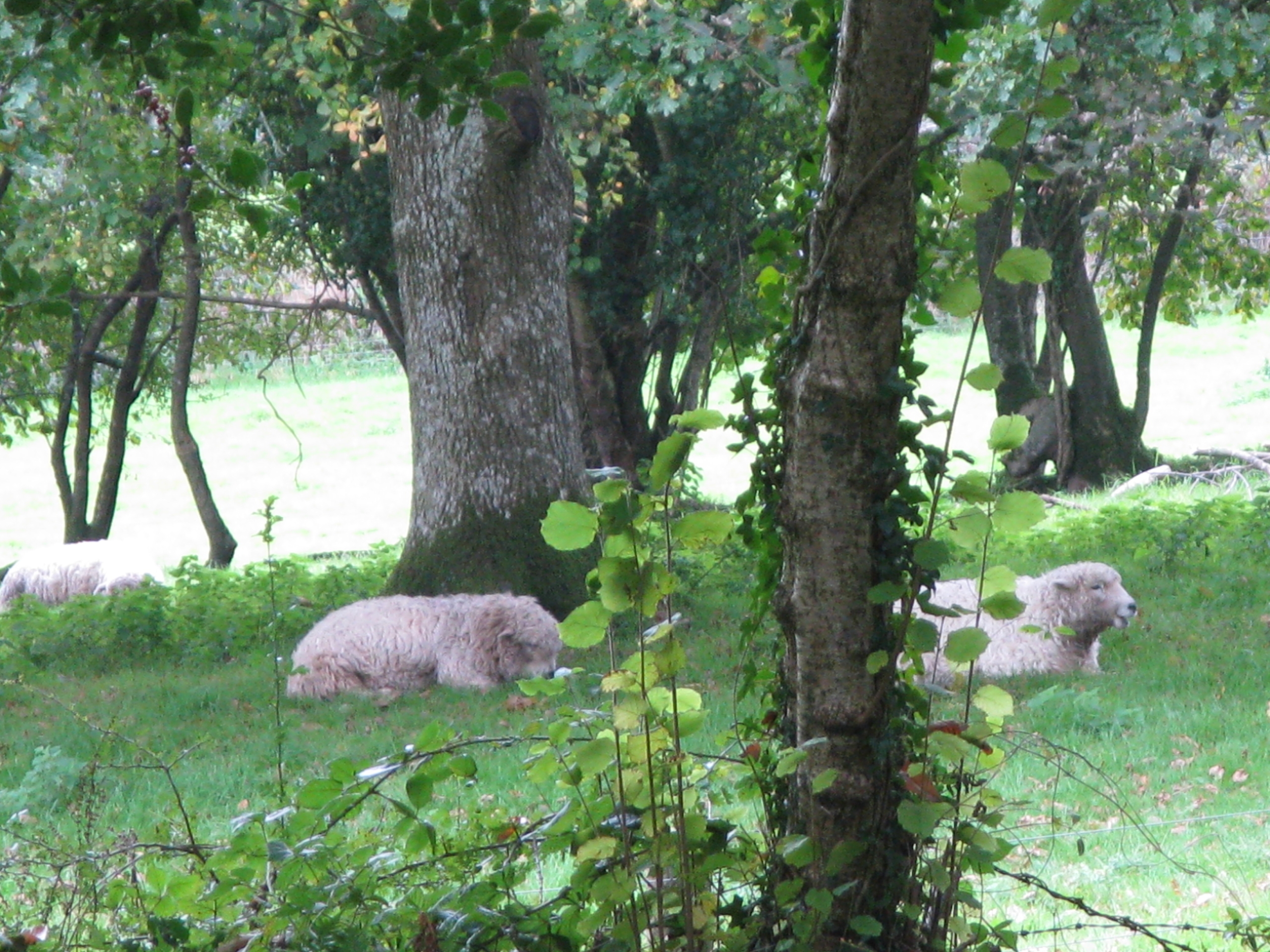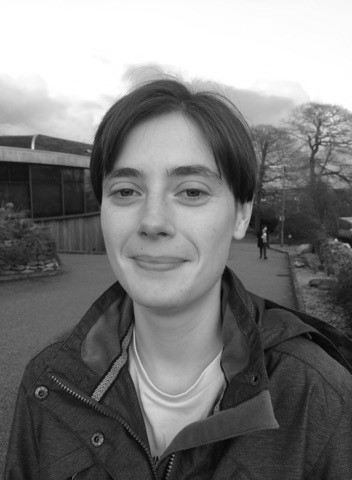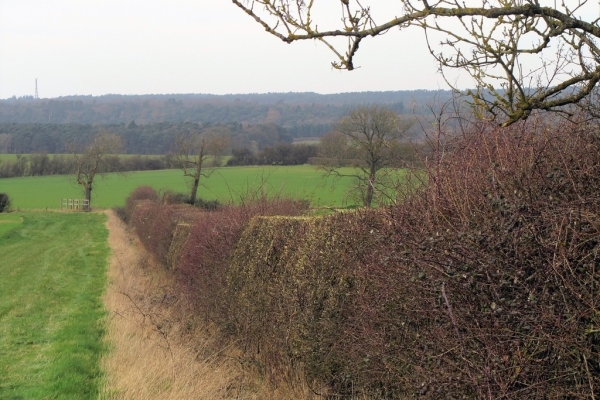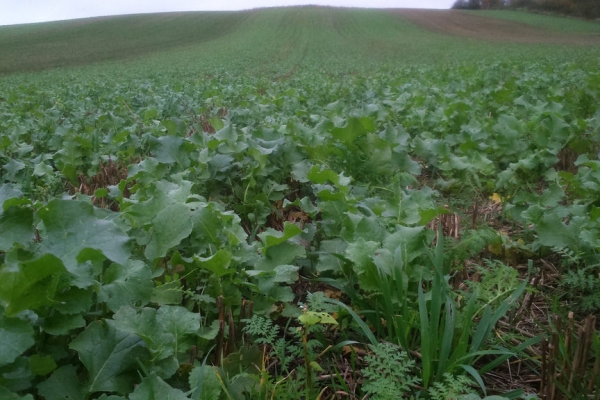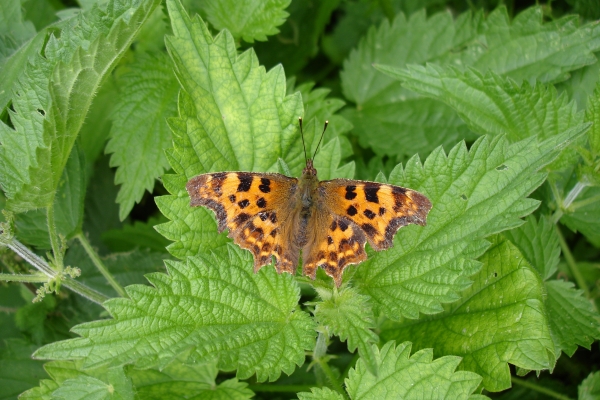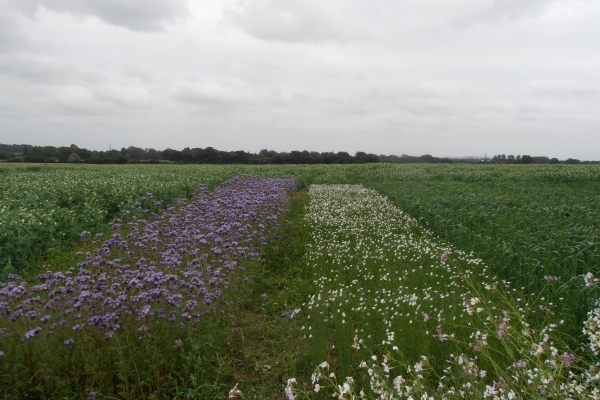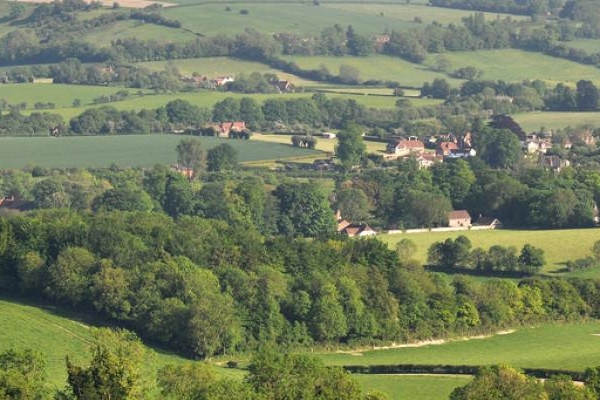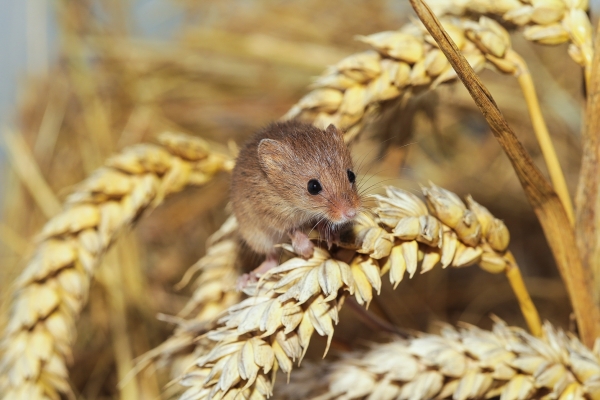Can we shape the future of the Cornish agri-environment?
The future of the agricultural environment is dogged by uncertainty – the Government is in flux, Brexit may or may not happen at some point, and the urgency of tackling the climate and ecological crisis is ever growing. But on the bright side, uncertainty indicates a lack, and so, an opportunity to meet these challenges. In one small frame of this larger picture sits my PhD project on the future agri-environment schemes in Cornwall.
Cornwall has a renowned natural environment, recognised by the extensive Area of Outstanding Natural Beauty and the council’s Environmental Growth strategy, and furthered by exciting developments such as the Forest for Cornwall initiative and the Wildlife Trust’s Cornwall Beaver Project. It is also a fundamentally agricultural landscape; according to satellite data from CORINE, arable land and pastures occupy just over 80% of land cover. This land is occupied by a patchwork of farmers – small family livestock farms, vast estates and large horticultural operations are just some of the diverse businesses that can be found.
Bubble diagrams created using data from DEFRA’s Farm Business Survey 2016. They show the large number of small farms in Cornwall, but that the vast majority of land is occupied by a few large businesses.
This means that agri-environment schemes have the potential to do a lot of good in the county, if they can be designed in a way that benefits both people and the environment. While the Government is in the process of piloting the new agri-environment schemes – currently being called Environmental Land Management Systems, intended for 2024 release (although the National Audit Office has questioned the likelihood of them being done in time) – there is a window of opportunity for influencing these developments.
This is where my project comes in. After a year of desk research and training, I am now getting out and interviewing those in the agricultural sector, from farmers to estate managers to advisors and so on, in order to determine the factors that affect the success of schemes, both socially and ecologically.
After collecting the data, I will analyse the interviews for themes, compare them using set theory and then develop a computer model of different scenarios that I will present to both those who have participated in the project and to contacts in policy. The model will also be published open access and so will be available online, along with straightforward instructions on how to install and run it.
To have the maximum impact, I need to speak with as diverse a group of stakeholders as possible, including those who have never entered into agri-environment schemes or who are not in them currently. Please feel free to contact me (jc1011@exeter.ac.uk) if you have any interest in taking part in the project, whether informally, by spreading the word or by being interviewed; an interview would take up to 45 minutes and can be in person (I’ll bring the biscuits!), over the phone or by Skype, whatever is most convenient.
By designing schemes that are appealing to land managers and have extensive social and ecological benefits, we can increase enrolment and active management for the environment in order to truly create Cornish landscapes with the space and resources necessary for both people and nature to excel. Any help in making this project as representative and inclusive as it can be would be much appreciated!
Jen Clements writes of herself: “I’m a geography PhD student with the University of Exeter but based down in Cornwall. I have so far managed to remain a Midlander at heart but we’ll see how long I manage to resist Cornwall’s ongoing charm offensive. I’ve been interested in farming for as long as I can remember, but especially since doing fieldwork on an organic vegetable farm in Finland about six years ago. I’m keen on any farming system that values biodiversity, animal ethics and the local economy. In my off time, I’m a keen hiker, beginner kickboxer, amateur musician and Dungeons & Dragons enthusiast. I can be found at @Jen_agri-env on Twitter or can be summoned by sacrificing a slice of coffee and walnut cake.”
Photo credits: Jen Clements. Attribution CC BY
